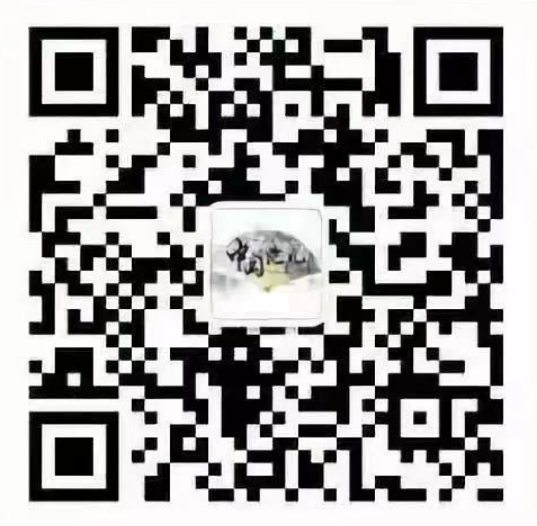大寒:天寒人心暖 辞旧迎新年
The Major Cold solar term: the last leg to the Chinese New Year
大寒,是二十四节气中最后一个节气。大寒同小寒一样,也是表示天气寒冷程度的节气。在中国北方地区,大寒节气是没有小寒冷的;而对于南方大部地区来说,还是在大寒节气最冷。
Major Cold is the last of the 24 traditional Chinese solar terms. Like Lesser Cold, it is also a solar term indicating the coldness of the weather. In north China, Major Cold is not as cold as Lesser Cold, but for most parts of south China, it is the coldest period in a year.

大寒时节,河面被冻得结结实实,以前冰箱还没有出现的时候,人们会在此时采集冰块,放入地窖,留到第二年夏季使用。天寒地冻虽然会给人们的生活带来一些不便,但农民们最怕的却是“大寒不寒”。谚语有说“该冷不冷,难成年景”。大寒这一天如果天气不冷,那么寒冷的天气就会向后延,来年的春分时节反而会觉得寒冷。相反,如果大寒天气冷,甚至下雪,则来年春天的农作物生长、收成就会更好。这也正是中国文化所讲究的四季分明、顺应天时。
During this period, the river surface is frozen solid. Before the refrigerator was invented, people would collect ice cubes during Major Cold and put them into the cellar for use in summer. Although the freezing weather brings some inconvenience to people’s lives, what farmers are most afraid of is somewhat warm weather during Major Cold, as there is a proverb that says, “A harvest will be hard to achieve if the weather betrays its solar term”. If the weather is not cold during Major Cold, then the cold weather will be postponed to the vernal equinox next year, disrupting the normal farming schedule. On the contrary, if Major Cold lives up to its definition with cold weather or even snowing, the crops are likely to grow smoothly with a better harvest. This is exactly what Chinese culture stresses: the four seasons should be distinct and do things at the right time and natural pace.

由于临近春节,大寒时节相比其它节气所包含的节日和风俗更多。其间有一个对于北方人非常重要的日子—— “腊八”。农历十二月初八日被称为腊八节,在这一天,喝上一碗温热的腊八粥,感受到的不仅是一身的暖意,更是春节将至的浓浓节日氛围。
Due to its proximity to the Spring Festival, Major Cold season contains more festivals and customs than other solar terms. One of them is Laba Festival, a very important day for people in north China. The eighth day of the twelfth lunar month is called Laba Festival. On this day, eating a bowl of warm Laba porridge will make you feel not only warm, but also the festive atmosphere of the coming Chinese New Year.

俗话说:“过了腊八就是年”。喝完腊八粥,人们便开始采买年货,打扫房屋,腌制年肴,除旧饰新,张贴春联,迎接新的一年。
As the saying goes, “Laba is the prelude to the Spring Festival”. After eating Laba porridge, people would begin to buy Chinese New Year goods, clean houses, preparing food, remove old decorations and put up new ones, and post Spring Festival couplets to welcome the new lunar year.

采买年货是过年前中国家庭的一件大事,“年货”就是指春节所必须的物品,包括吃穿用度、饮食起居,不仅要“新”,还要有个好彩头。比如糕点糖果等各类甜食是年货清单上的必备项,人们相信吃了甜食能“说好话”,讨福气。春节前的“买买买”也少不了花木,金橘树的名字在中文里与“吉”字谐音,寓意吉祥,金澄澄的颜色也悦人心神,因此成为很多家庭的首选。
Buying Chinese New Year goods is an important event for Chinese families before Spring Festival. The Chinese New Year goods refer to the necessary items for the festival, including food, clothing, among others. They should not only be new but also have good implications. For example, cakes, candies and other kinds of sweets are essential items on the shopping list, as people believe that eating sweets can help one have a sweet tongue and get blessings. Flowers are also indispensable. The name of kumquat tree is homophonic with the word “auspicious” in Chinese, implying good luck. The golden color of its fruits is also pleasing to the mind, thus becoming the first choice of Spring Festival flowers for many families.
过了大寒,又见立春,将迎来新一年的节气轮回。
Major Cold is followed by the Start of Spring, the first solar term of a new lunar year.









